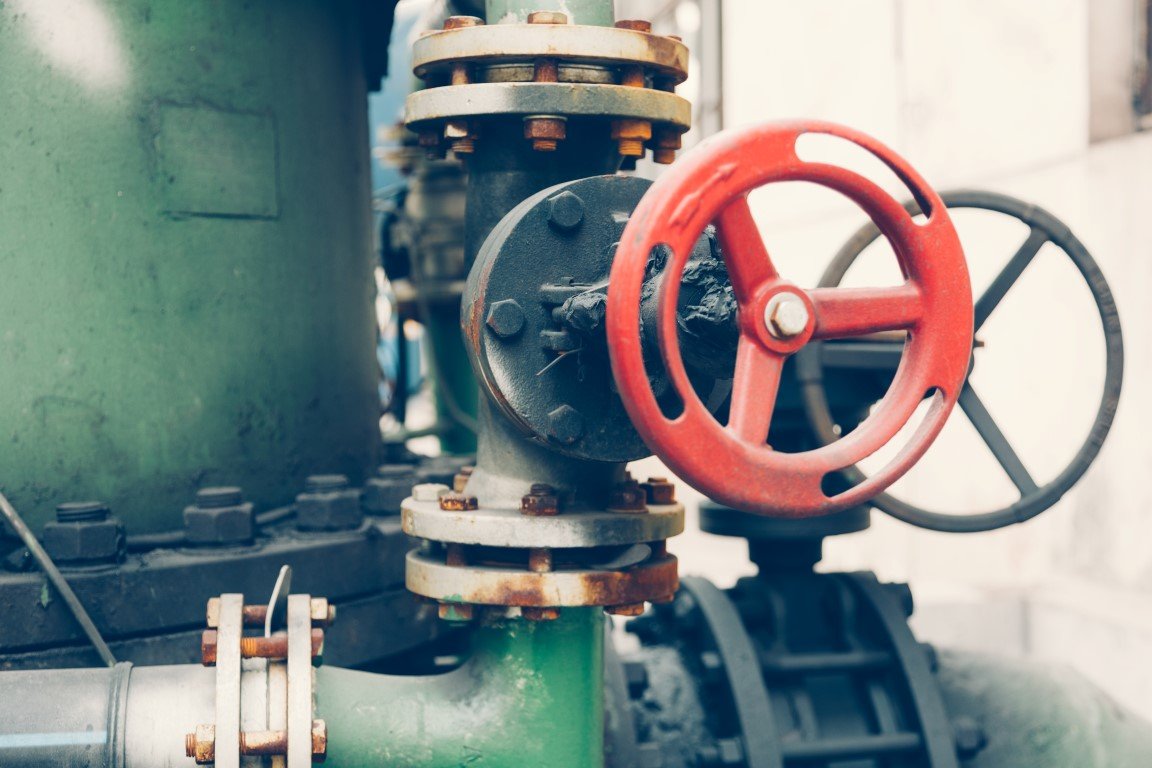Boilers are crucial in various sectors, producing heat and power to keep operations operating efficiently. However, like any mechanical system, boilers are prone to wear and tear over time, which can lead to breakdowns in various components. Understanding frequent boiler part failures and how to prevent them can help your boiler system last longer and run more efficiently, reducing downtime and repair costs.
Burner Failure
The burner is the core of the boiler. It combines fuel with air and burns it to generate heat. A burner failure may cause the boiler to shut down entirely, resulting in large production losses.
Causes:
- Clogged Fuel Nozzles: Over time, fuel nozzles can become blocked with dirt or residue, resulting in inefficient fuel-air mixes.
- Ignition Problems: Faulty ignition systems may prevent the burner from lighting failing.
- Wear and Tear: Burners are exposed to high temperatures and pressures, which causes wear and tear over time.
Prevention:
- Regular Maintenance: Ignition failures and blockage can be avoided with routine fuel nozzle cleaning and ignition system checks.
- Proper Fuel Quality: Ensure that the fuel used is clean and free of impurities that could clog the nozzles.
- Monitoring: Implement a frequent monitoring routine to ensure that the burner performs correctly and that any concerns are addressed swiftly.
Boiler Tube Failure
Boiler tubes are crucial components for transporting hot gases or steam. If left untreated, tube failure can result in leaks, decreased efficiency, and potentially catastrophic boiler collapse.
Causes:
- Corrosion: Corrosion is one of the leading reasons for boiler tube failure. It occurs when the metal combines with water or steam, causing thinning and, ultimately, rupture.
- Overheating: Overheating can result from poor water circulation, scale development, or insufficient cooling, causing the tubes to weaken and fail.
- Erosion: The abrasive action of water or steam transporting particles causes erosion, eventually weakening the tube material.
Prevention:
- Water Treatment: Proper water treatment is required to prevent corrosion. Using demineralised water and maintaining proper pH levels can help mitigate the risk.
- Scale Removal: Regular descaling methods should be implemented to avoid scale buildup, which might cause overheating.
- Erosion Control: Installing erosion shields and ensuring proper water and steam quality can reduce erosion risk.
Pressure Relief Valve Failure
The pressure relief valve is a safety feature that releases excess pressure from the boiler to prevent explosions or catastrophic failures. A faulty pressure relief valve might offer serious safety hazards.
Causes:
- Blockages: Blockages in the valve may prevent it from opening, resulting in severe pressure buildup.
- Corrosion: Corrosion can weaken valve components and cause them to fail.
- Improper Installation: Incorrect installation can cause a problem, either by preventing the valve from opening or causing it to leak.
Prevention:
- Regular Testing: Pressure relief valves must be tested regularly to ensure proper operation.
- Proper Installation: To avoid potential complications, ensure valves are placed according to manufacturer specifications.
- Corrosion Prevention: Regular inspection and repair of rusted valves can help to prevent failure.
Economizer Coil Failure
The economiser coil heats the feedwater, increasing the boiler’s total efficiency. Failure of the economiser coil might result in lower efficiency and higher fuel usage.
Causes:
- Corrosion: Economiser coils are exposed to flue gases and water, making them prone to corrosion.
- Thermal Fatigue: Thermal fatigue can result from repeated heating and cooling cycles, causing cracks and final failure.
- Scale Buildup: Scale accumulation on the coils can limit heat transmission efficiency, resulting in overheating and failure.
Prevention:
- Water Quality Management: Maintaining excellent water quality helps lower the likelihood of corrosion and scale accumulation.
- Regular Inspections: Routine inspections can help detect early signs of thermal fatigue and corrosion, allowing for prompt repairs.
- Proper Maintenance: Cleaning the coils regularly to remove scale buildup can help preserve efficiency and avoid failure.
Control System Failure
The boiler’s control system manages numerous operations, such as temperature, pressure, and fuel supply. Failure of the control system can result in inconsistent boiler operation or complete shutdown.
Causes:
- Electronic Component Failure: Age, heat, and electrical surges can all cause electronic components in the control system to fail.
- Wiring Issues: Loose or broken wiring can cause control system failures.
- Software Glitches: Software problems or obsolete firmware might result in erroneous readings and malfunctioning functionality.
Prevention:
- Regular Inspections: Regular inspections of electrical components and wiring can aid in identifying potential problems before they cause failure.
- Software Updates: Keep the control system software and firmware up to date to guarantee optimal functionality.
- Surge Protection: Installing surge protection can help to safeguard electronic components from electrical surges.
Conclusion
Being a boiler manufacturer in Trichy at RIBO Industries, we understand that preventing boiler part failures is critical to preserving your boiler system’s efficiency, safety, and lifespan. Understanding the typical causes of these failures and using preventive maintenance procedures can reduce downtime and repair costs and ensure your industrial processes run continuously.
Our commitment to providing high-quality boiler parts and our industry expertise make RIBO Industries your reliable partner in keeping your boiler system functioning correctly. Whether you require replacement parts, maintenance guidance, or a complete boiler solution, we are here to help you every step of the way.

